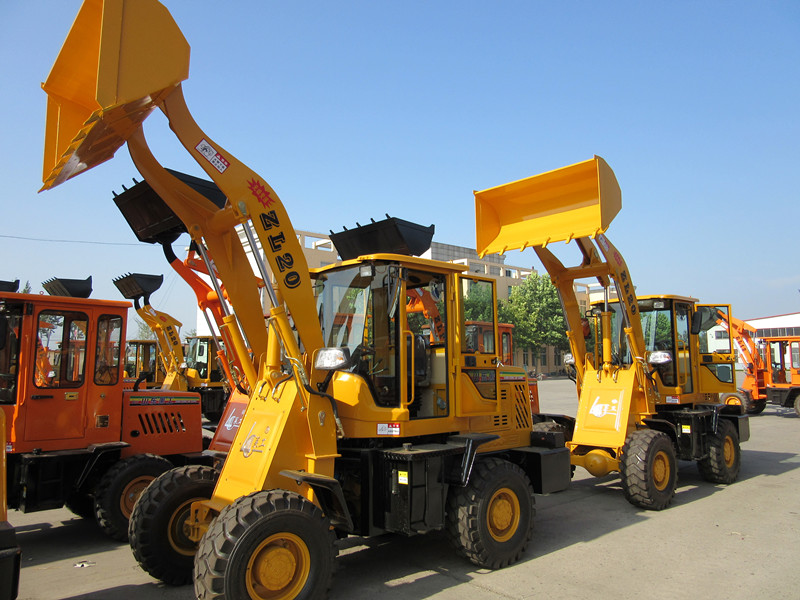The profitability of a company, more often than not, comes down to its ability to collect revenues from its clients or customers. It can also come down to its ability to defend itself against claims made against it. If a company has no records, or a poorly managed collection of records, even the best solicitors in the world will fail to collect or defend in your name.
A construction company is no different to any other in that sense. Effective documentation is paramount in ensuring its profitability and defending itself against potentials claims. Unfortunately, many site managements are lackadaisical in their record keeping, sometimes costing firms thousands if not tens of thousands of pounds.
This article takes a look at the types of records you as a site manager must keep, as well as offering some useful hints for doing so.
Correspondence
Often, correspondence with suppliers, clients, investors and the like is the most important form of record. These record things such as your company’s compliance with contracts, confirmation of requests made verbally or via email, report events or incidents to senior management and give notice to stakeholders of adjustments to deadlines and such like.
The documents must all be kept in chronological files, which are clearly labelled and stored in a safe place. Store certain documents offsite, but keep digital copies for easy access to hand.
Daily Logs
Every site should have a thorough account of the daily logs and diaries that detail, at least, the following:
- The day’s activities and output
- Any milestones that have been reached
- Quantities of materials delivered to the site, used on site or removed from site
- The weather
- Any incidents or accidents
- Vehicle and machinery records
These logs should also be kept in chronological order and stored safely. They allow senior management to keep track of progress on site, as well as inventory levels and the state of machinery and vehicles.
It is important to keep detailed records of every vehicle on site, whether they are leased or owned by the company. Vehicles such as tractors or telehandlers require minimal maintenance, but should still be checked to catch potential wear and tear before it becomes substantial damage. Often industrial vehicle hire companies, such as those offering telehandler hire, will take responsibility for the maintenance of their vehicles as long as regular checks are carried out.
Meeting Minutes
Company reports, meeting minutes and records of client meetings should be prepared carefully and reviewed before filing. Any errors or omissions should also be corrected.
If you have received verbal instructions or instructions via email, bring these up in your meetings so they are recorded in meetings.
Photographs
Photographs are a great method of documenting everything from site progress to the state of tools, equipment and vehicles on site.
Take regular progress of work being completed on site and ensure each photograph is dated and signed by the photographer.
Anyone carrying out inspections of vehicles or equipment should back up their reports with photographic evidence. This is particularly important if you lease the equipment as the hire company may wish to see evidence of regular maintenance. The same is also true of insurance companies.
Engineering Drawings
Engineering and technical drawings should also be safely kept, with clear dates and labels. These are a record of the work that should be done and can be drawn out in the case of a dispute. Moreover, by keeping the originals safely filed and only using copies on site, should damage or loss occur you are protected with a master copy of each technical document.
Invoices and Costings
Finally, and perhaps most importantly, invoices, costings and any financial documents must be kept in a chronological and ordered fashion. Best practise dictates that you also make digital copies of all financial records.
The records are used by a plethora of stakeholders, from your company’s finance department to auditors and will be used for everything from filing tax returns to auditing inventory levels. Failure to keep financial records in order can and will be significantly costly for you and your company and could even see you come down on the wrong side of the law.

